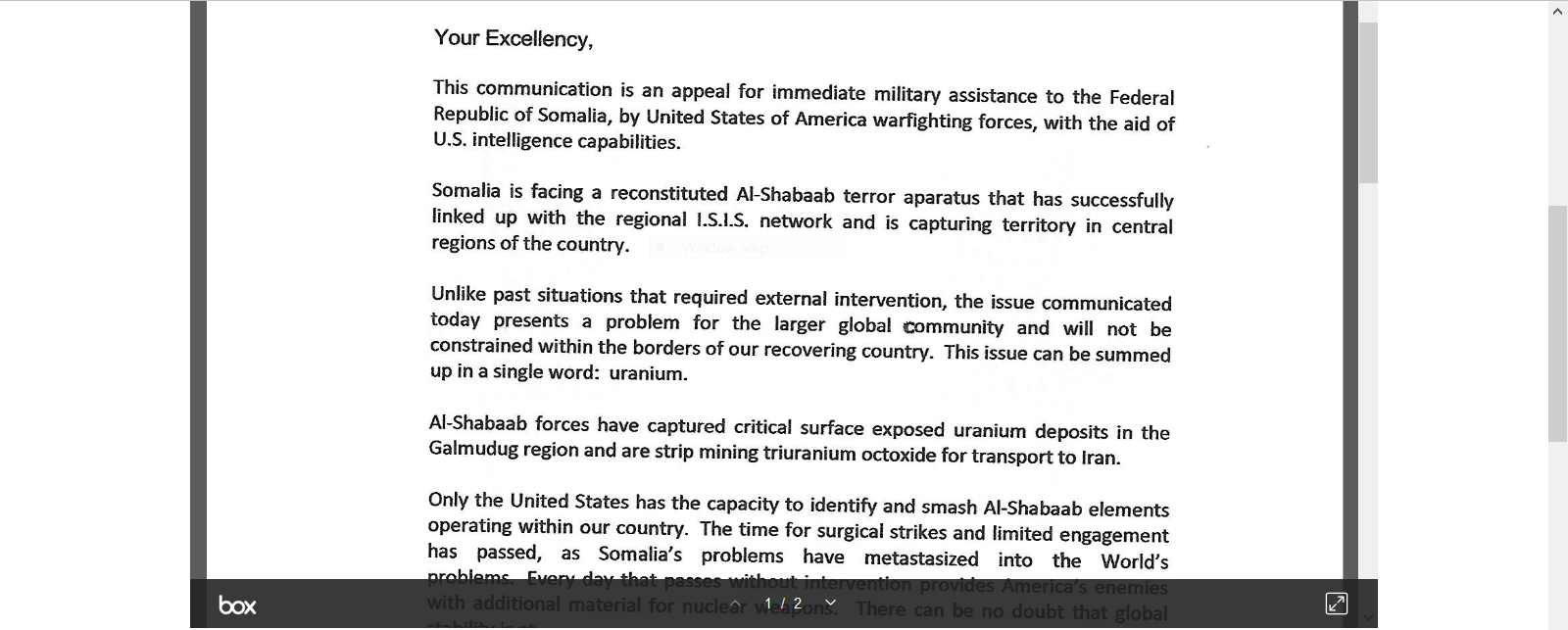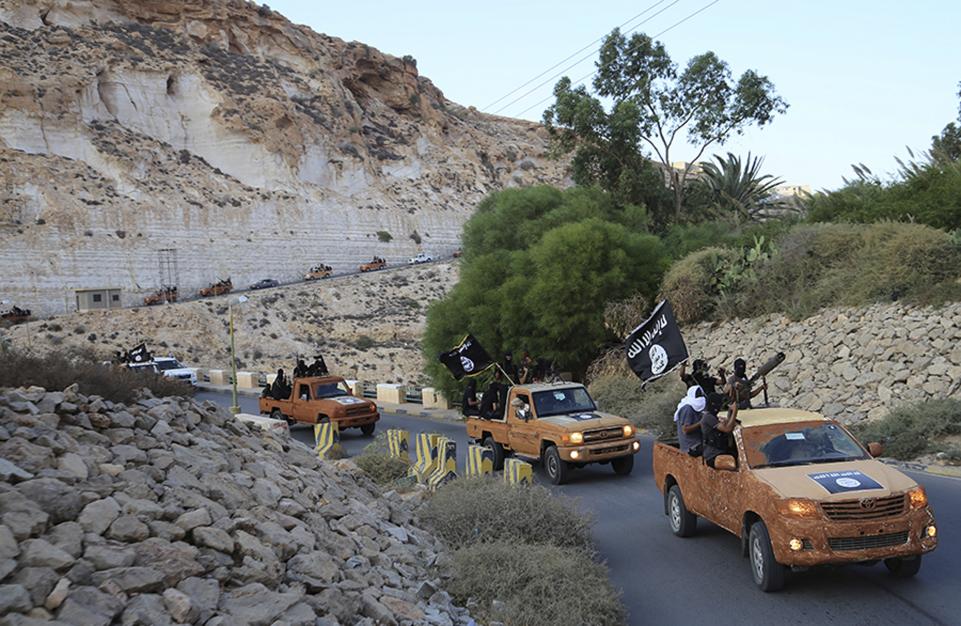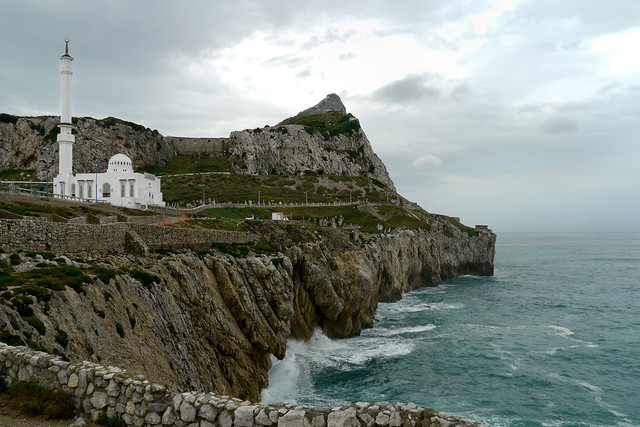May, 2017:
The largest bank in Azerbaijan has halted its foreign debt payments and will start restructuring talks with creditors after a currency crisis in the Caspian Sea nation drove the lender to the brink of collapse.
Under a restructuring plan published on Friday, the International Bank of Azerbaijan said its “designated financial indebtedness” was at $3.3 billion as of April 18. It missed a principal and interest payment on a $100 million subordinated loan on May 10, according to an emailed statement from the government-owned lender on Thursday. More here.
What is the Azerbaijani Laundromat?
A scheme to curry influence, pay lobbyists, apologists and European politicians and to launder cash. The $2.9bn (£2.2bn) operation ran between 2012 and 2014 – meaning that on average $3m was channelled out of Azerbaijan every day. The source of money isn’t always clear, but it comes from companies linked to Azerbaijan’s president, Ilham Aliyev, state ministries and the International Bank of Azerbaijan, the country’s largest bank, which recently filed for bankruptcy protection. The cash was transferred into four offshore-managed UK companies. From there, it was spent in various countries, including Germany, the UK, France, Turkey, Iran and Kazakhstan.
How was it done?
By clever use of the west’s financial system. Danske, Denmark’s largest bank, handled the payments via a small branch office in Estonia. It noticed nothing amiss. The organisers of the scheme exploited Britain’s weakly regulated company system. They registered four firms at Companies House in London. These were Hilux Services, Polux Management, Metastar Invest and LCM Alliance. The first two were incorporated in Glasgow, the third in Birmingham and the fourth in Hertfordshire. The beneficial owner of the firms is a secret. More here.
UK Companies at the heart of $2.9 billion money-laundering circle
UK failing to end its complicity in global corruption
4th September 2017, London – A new investigation has shown UK registered companies to be at the centre of laundering $2.9 billion out of Azerbaijan, highlighting that the UK is failing to end its complicity in global corruption. These funds was used to pay-off politicians, purchase luxury goods and act as a slush fund for those close to the Azeri regime using money that appears to have been stolen from the International Bank of Azerbaijan, which is currently restructuring its debt because of funding problems.
The investigation found that four UK registered companies were at the centre of this scheme and essential to its success. These four companies formed a core part of over 16,000 transactions made by the ‘Azerbaijani laundromat’ between 2012 and 2014. Although registered in the UK, previous research by Transparency International UK found that these four companies were ultimately controlled in secretive offshore havens, where the real owners of companies are hidden from public view.
In recent years successive UK governments have made promises to close the loopholes that have left the UK, and its overseas territories, complicit in the laundering of corrupt money around the world. Over two years since the Government first outlined its intention to target corrupt money flowing through the UK, many of the promises have yet to be turned into action.
All four of these companies are either Scottish Limited Partnerships (SLPs) and Limited Liability Partnerships – forms of company that can be controlled by secretive companies based in offshore havens like the British Virgin Islands. Although new rules rushed in earlier this year require SLPs to report who they’re ultimately controlled by, and similar rules apply to LLPs, there are growing concerns that in practice these are not being enforced effectively.
Duncan Hames, Director of Policy Transparency International UK, said:
“Knowing that UK registered companies were at the heart of a scheme that saw $2.9 billion stolen from Azerbaijan underlines just how damaging it is to be complicit in global corruption. These sums of money can be the difference between life and death for people around the world, and to know that they are instead being used to purchase luxury goods, line the pockets of corrupt politicians and improve the image of dictators, is particularly galling.”
“We are increasingly concerned that action on the promises made by successive governments to close the loopholes that make the UK attractive to money laundering, appears to have stalled. We have seen some regulatory change but it has gone from a core government mission to uncoordinated and piecemeal efforts.”
“We’re calling on the UK Government to immediately enforce new laws to end the use of British companies as the getaway vehicle for corrupt individuals and organised criminal gangs. Much more than lip service is needed to fight global corruption. If a success is to be made of Brexit, the UK must uphold the highest standards of commerce and not end-up reducing itself to an offshore centre exposed to the risk of serving corrupt and repressive regimes from across the globe.”
The UK Government is yet to deliver on its promise to introduce greater transparency around anonymous corporate ownership of luxury UK property, a key destination for laundered money, or produce a comprehensive anti-corruption strategy that sets out how it intends to end the UK’s role as a safe haven for corrupt wealth.
Notes:
The four UK companies at the heart of the Azerbaijani laundromat were Hilux Services LP, Polux Management LP, Metastar Invest LLP and LCM Alliance LLP. More details about the offshore companies controlling them are provided in the table below. Hundreds of businesses with similar secretive corporate structures are registered at the same addresses as these four companies.
UK Company Address Controlled by Hilux Services LP Suite 1105 111 West George Street, Glasgow, G2 1QX Solberg Business Ltd (British Virgin Islands) and Astrocom AG (Seychelles) Polux Management LP Suite 1098 111 West George Street, Glasgow, G2 1QX Solberg Business Ltd (British Virgin Islands) and Astrocom AG (Seychelles) Metastar Invest LLP 175 Darkes Lane, Suite B, 2nd Floor, Potters Bar, Hertfordshire, EN6 1BW Advance Developments Limited (Belize) and Corporate Solutions Limited (Belize) LCM Alliance LLP Cornwall Buildings 45-51 Newhall Street, Office 330, Birmingham, B3 3QR Astrocom AG (Seychelles) and Exponet GMBH (Seychelles)










